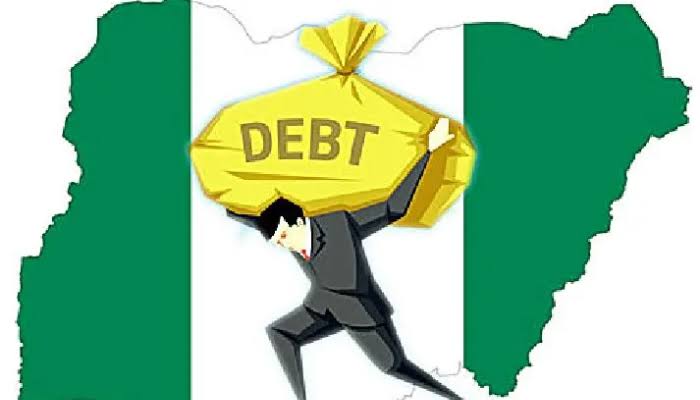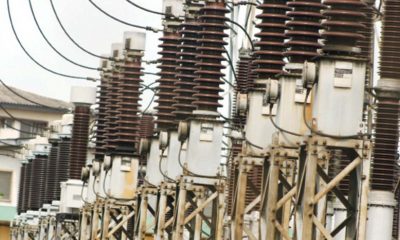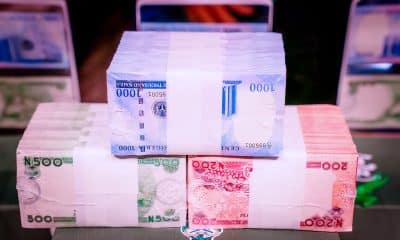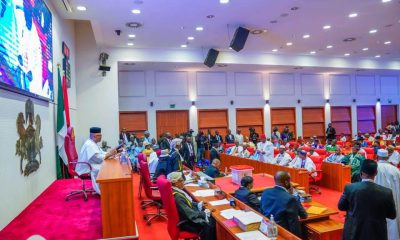Business
Naira Depreciation Pushes Nigeria’s External Debt From N19 To N33 Trillion

The continuous depreciation in Nigeria’s naira has pushed the country’s external debt to N33.25 Trillion from N19.64 trillion.
Naija News reports that the naira devaluation has jacked up the nation’s external debt by 40.24 per cent, which translates to a difference of N13.38 trillion.
According to data from the Debt Management Office (DMO), the total external debt increased by $490 million between the first quarter of 2023 and the second quarter of 2023, which caused a significant increase in naira value.
The DMO data showed that Nigeria’s external debt was $43.16 billion in Q2 2023, from $42.67 billion in the previous quarter. In naira terms, the debt rose to N33.25 trillion in Q2 2023 from N19.64 trillion in the preceding quarter, showing an increase of N13.61 trillion due to the naira depreciation.
Recall that in June, President Bola Tinubu directed the Central Bank of Nigeria (CBN) to unify the nation’s foreign exchange rates.
The CBN directed Deposit Money Banks to remove the rate cap on the naira at the official Investors and Exporters’ Window of the foreign exchange market, to enable its free float against the dollar and other global currencies.
This move, rather than more borrowing, has pushed the external debt to soar significantly in naira terms.
Sequel to the unification policy of the CBN, the DMO adopted an exchange rate of N770.38/$ for Q2 2023 rather than the N460.35/$ rate it used in Q1 2023.
Following the unification policy, there has been a decline in the value of the naira, as it fell from its 471/$ to 770.38/$ as of last week Friday at the Investors & Exporters FX window, according to data from the FMDQ Exchange. And fell further in the parallel market to hit N1000/$ last week.
Given that the same exchange rate from Q1 of N460.35/$ was used for Q2, Nigeria’s external debt would have been N19.87tn in naira terms, and the increase of N13.38 trillion would not have happened.












